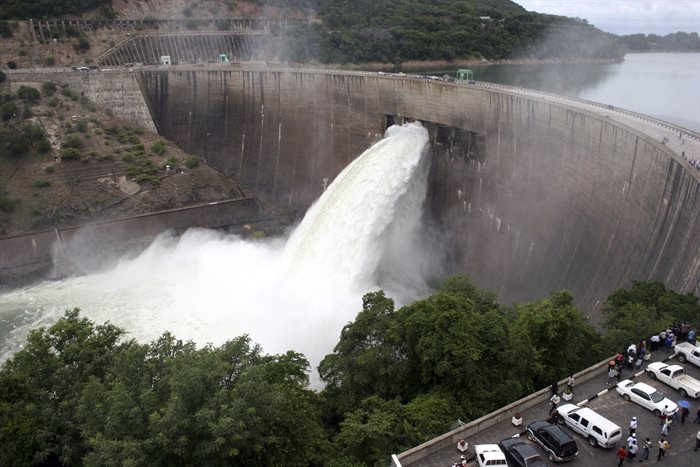
Top stories




Water levels in the lake have dropped to 4.1% of usable storage for the Kariba North Bank Power Station in Zambia and the Kariba South Bank on the Zimbabwean side of the lake, Kapala told parliament.
"The low water-level situation in Lake Kariba threatens the power generation from both the Kariba North Bank Hydropower station and Kariba South Bank Hydropower station," Kapala said.
Water levels in the lake have fallen due to reduced inflows from the Zambezi River and its tributaries and heavy use by power generation companies in Zambia and Zimbabwe.
Hydropower contributes more than 75% of Zambia's power generation.
Kapala said it was projected that if the current water utilisation continued, the remaining water for power generation would not be enough for power generation from mid-December.
To avoid a complete shutdown of the two power stations, the Zambezi River Authority has told Zimbabwe to cut generation to a maximum of 300MW and Zambia to a maximum of 800MW, Kapala said.
"We anticipate that this will translate into a load management regime starting on the 15th of December, 2022, of up to six hours daily," Kapala said.
The Kariba North Bank Power Station has an installed capacity of 1,080 megawatts (MW) while the Kariba South Bank Power station in Zimbabwe has a capacity of 1050MW.
The two countries jointly manage the water in the lake through the Zambezi River Authority.

Reuters, the news and media division of Thomson Reuters, is the world's largest multimedia news provider, reaching billions of people worldwide every day.
Go to: https://www.reuters.com/